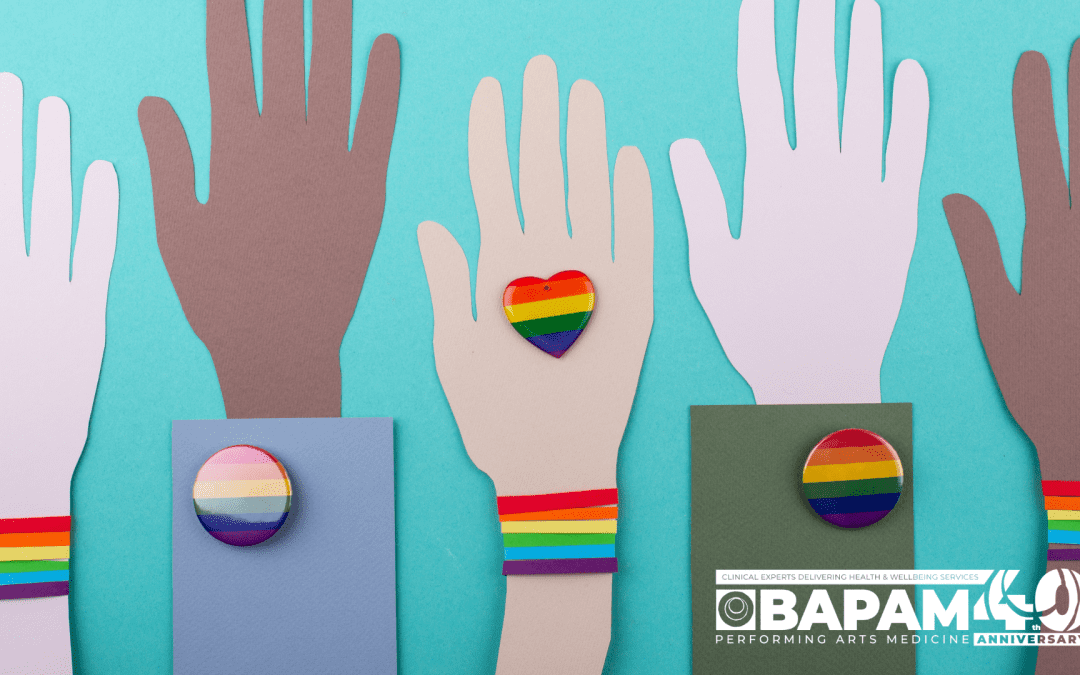The various discriminations that queer people face can range from overt harassment and hate crime to more subtle prejudice. Individuals and communities may see their identities in multiple, intersecting ways, and it’s important to celebrate this diversity, whilst also understanding the various forms of discrimination that one may experience. It is well understood that the experience of discrimination can be a barrier to accessing support, as well as being a factor that can have a significant impact on health.
When it comes to health, there are disproportionate levels of poor mental health within LGBTQIA communities. This can, at least in part, be associated with the day-to-day struggles of being a member of a marginalised group.
As well as Pride, the month of June marks Men’s Health Awareness Week, a time to bring representation to the issues that men face in terms of their emotional and mental wellbeing. As we continue to see, there is a real need for society to be more inclusive and intersectional when it comes to understanding the landscape of men’s health, and providing appropriate, timely and compassionate support. Let’s not forget to break down stigma around men’s mental health this Pride Month too (gaytimes.com)
Here is a list of the industry support and information available to our LGBTQIA performing arts workforce:
Insight Reports — Musicians’ Census (musicianscensus.co.uk) (LGBTQ+ Insight Report)
Help Musicians | Inclusive Selection
Representing LGBT+ Musicians | Musicians’ Union | The MU (musiciansunion.org.uk)
LGBTQ+ Support — Things Musicians Don’t Talk About (thingsmusiciansdonttalkabout.com)
Specialised Performing Arts Health Services UK | BAPAM
Additionally, here is a list of non-industry related information and support that may be helpful:
MindOut | Mental Health Charity for LGBTQ community
In healthcare, LGBT individuals face inequalities in terms of access to services, clinical outcomes and experience – NHS England » Why Pride is more important than ever

